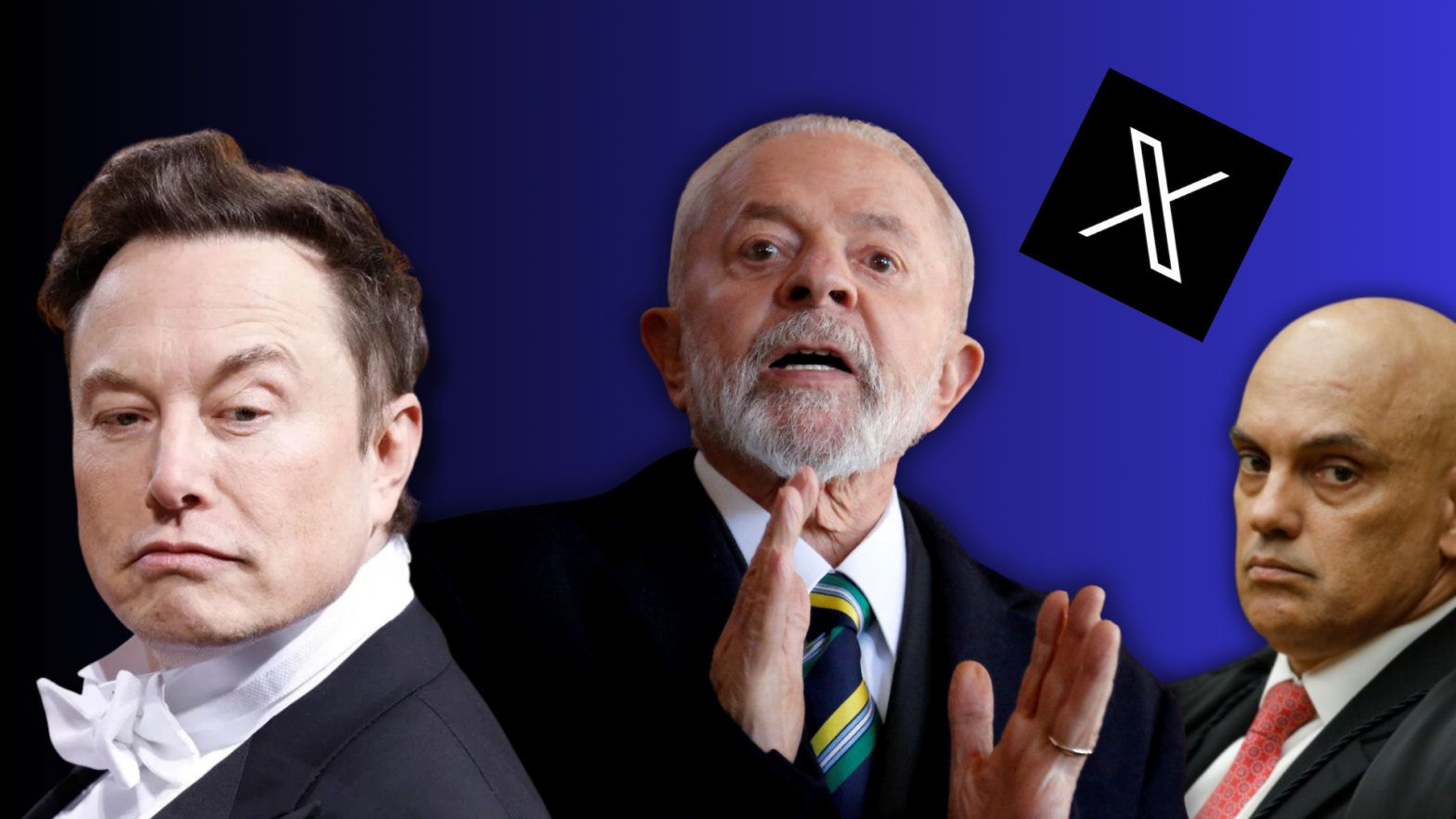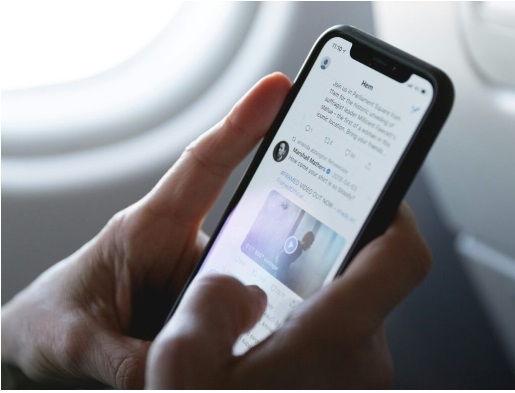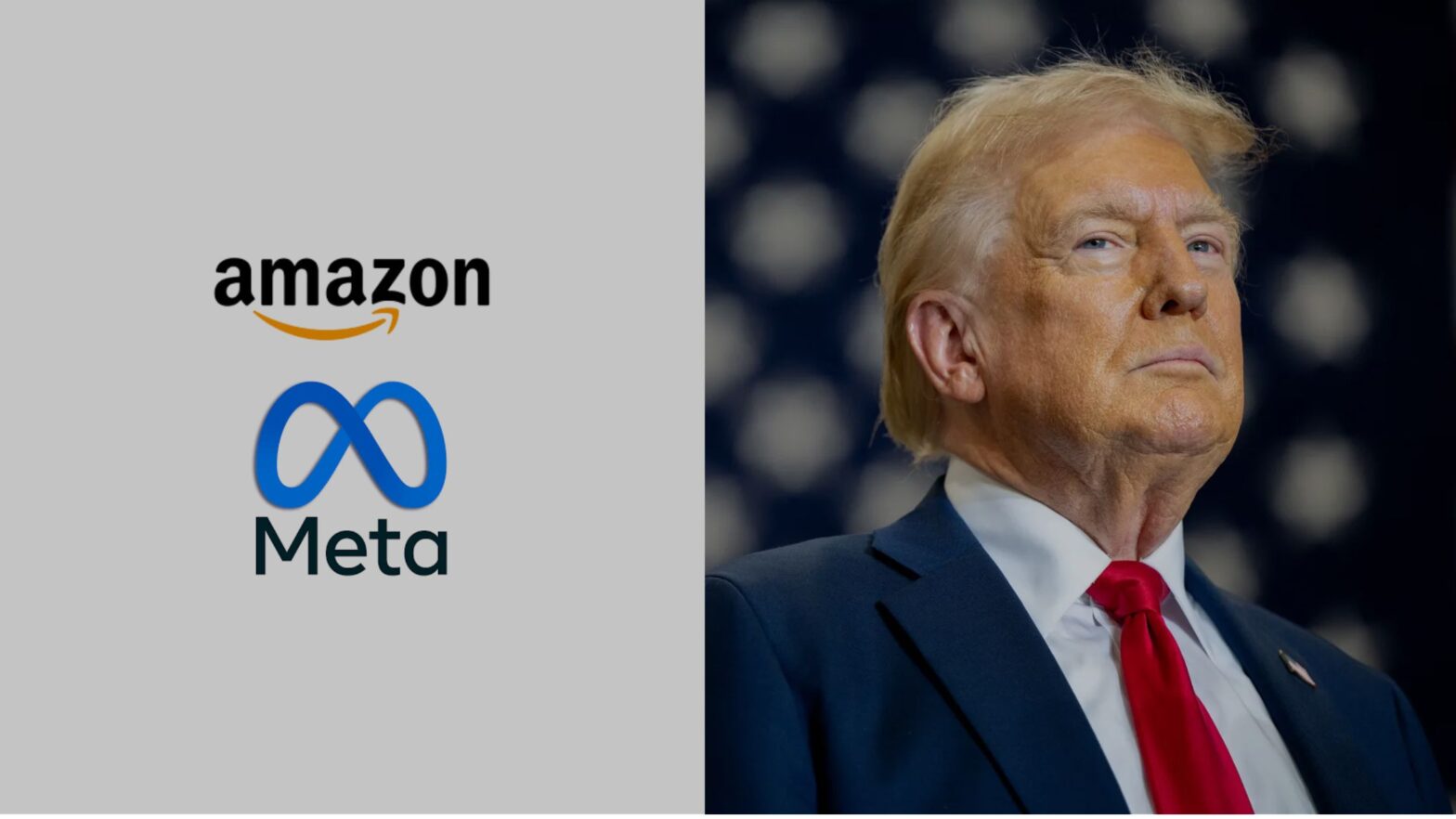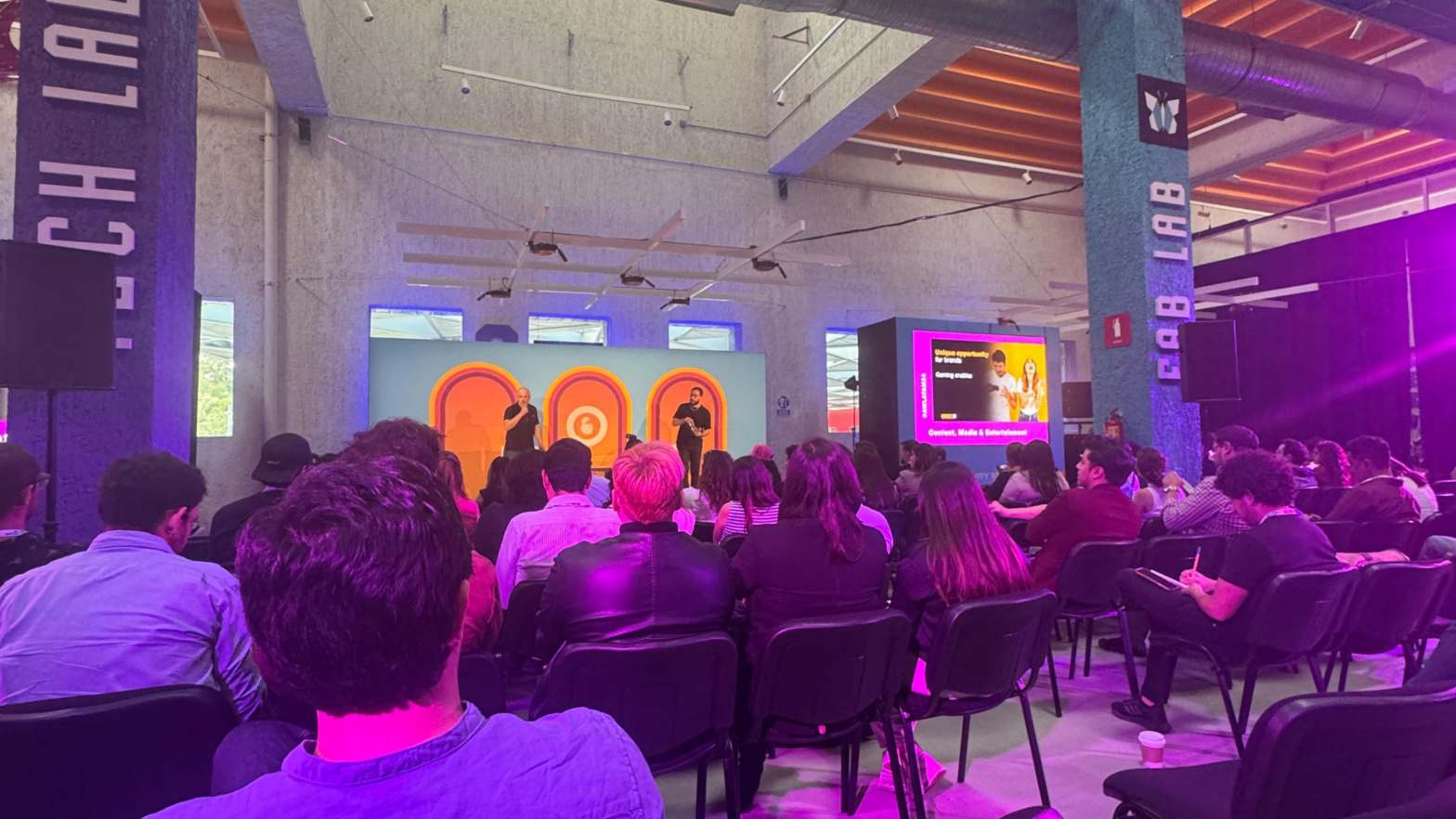The Blocking of X in Brazil and Its Implications for Free Speech and Tech Governance
October 1, 2024

In recent weeks, the Brazilian government’s decision to block the social media platform X (formerly known as Twitter) has shaken the global landscape of digital platforms. This move, following a series of clashes between Brazilian authorities and the company owned by Elon Musk, raises fundamental questions about free speech, tech regulation, and the extent of government power over communication platforms.
The root of the conflict, disinformation and legal challenges
The conflict between X and the Brazilian government escalated when the platform became a channel for disseminating information that Brazilian authorities deemed harmful and dangerous to public order. From spreading false news to organizing events that threatened national security, X was accused of allowing its platform to be used in ways that undermined social stability in Brazil.
In response, Brazilian Supreme Court Justice Alexandre de Moraes, a key figure in the country’s judiciary, ordered the suspension of the platform. This decision was based on X’s failure to comply with local regulations regarding content moderation and the removal of posts deemed as disinformation or incitement to violence. Brazilian authorities made their stance clear: if a platform cannot effectively self-regulate, the state will step in to protect public order.
The impact on Elon Musk and X
For Elon Musk, the owner of X, this situation represents a significant challenge. Since acquiring Twitter and rebranding it as X, Musk has championed the idea of an open, uncensored platform where free speech prevails over state intervention. However, the reality of operating in a global environment with diverse regulatory frameworks has put this philosophy to the test.
The shutdown of X in Brazil not only affects the platform’s presence in one of Latin America’s largest markets but also raises questions about X’s future in other countries with strict regulatory frameworks. If other governments follow Brazil’s lead, X could face a series of legal challenges that limit its ability to function as a truly global and unrestricted platform.

Implications for free speech and tech governance
The blocking of X in Brazil carries broader implications for free speech and tech governance worldwide. This case highlights the power that governments can wield over digital platforms, particularly when these platforms are used in ways that states view as dangerous or harmful to public order.
At the same time, the case of X in Brazil raises the question of how much responsibility platforms should bear for moderating the content posted on them. While some argue that platforms should have the freedom to operate without state interference, others believe tech companies have a duty to ensure their technology is not used for harmful purposes.
A dangerous precedent or a regulatory necessity?
The decision to block X in Brazil could set a precedent for other countries facing similar challenges with social media platforms. While it is crucial to protect security and public order, it is equally important to ensure that regulatory measures do not become censorship tools that limit free speech.
The balance between free speech and regulation is delicate, and the case of X in Brazil underscores the complexities of this challenge in a world where communication technologies are central to everyday life.




